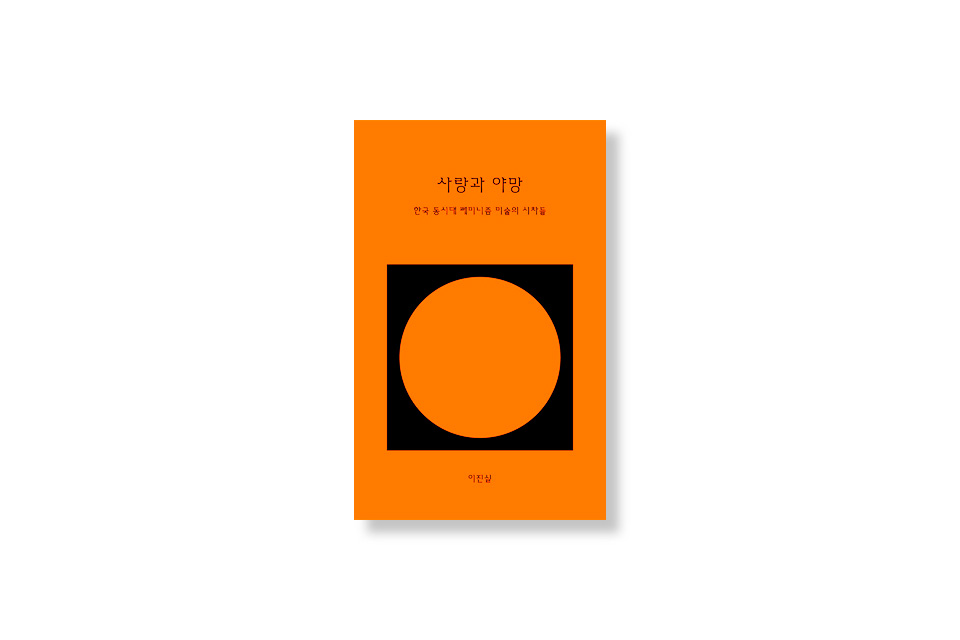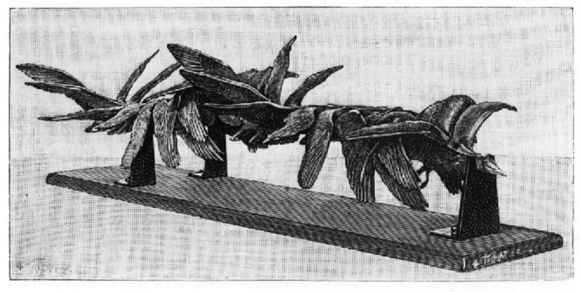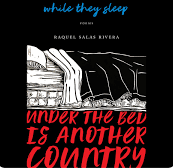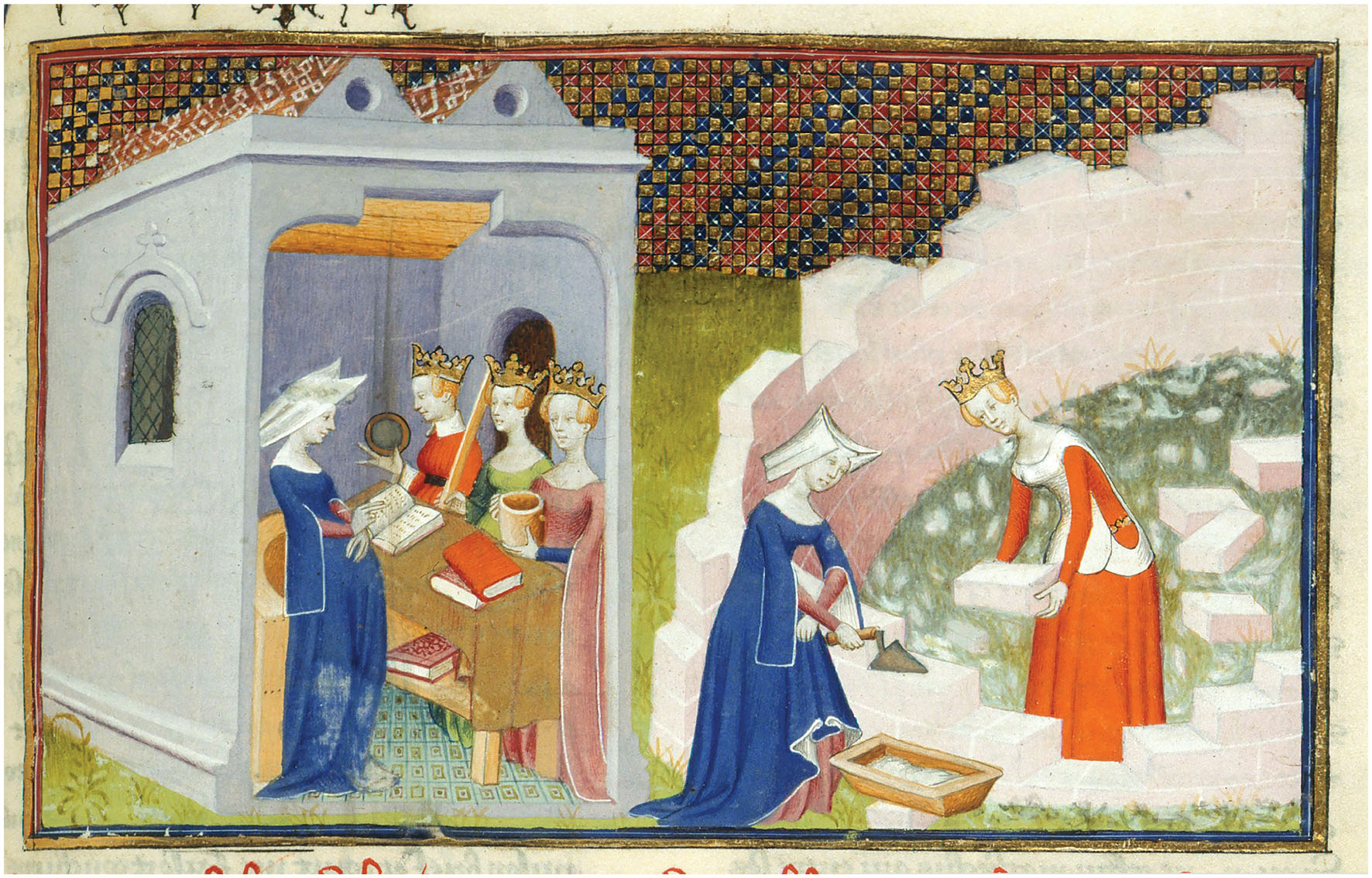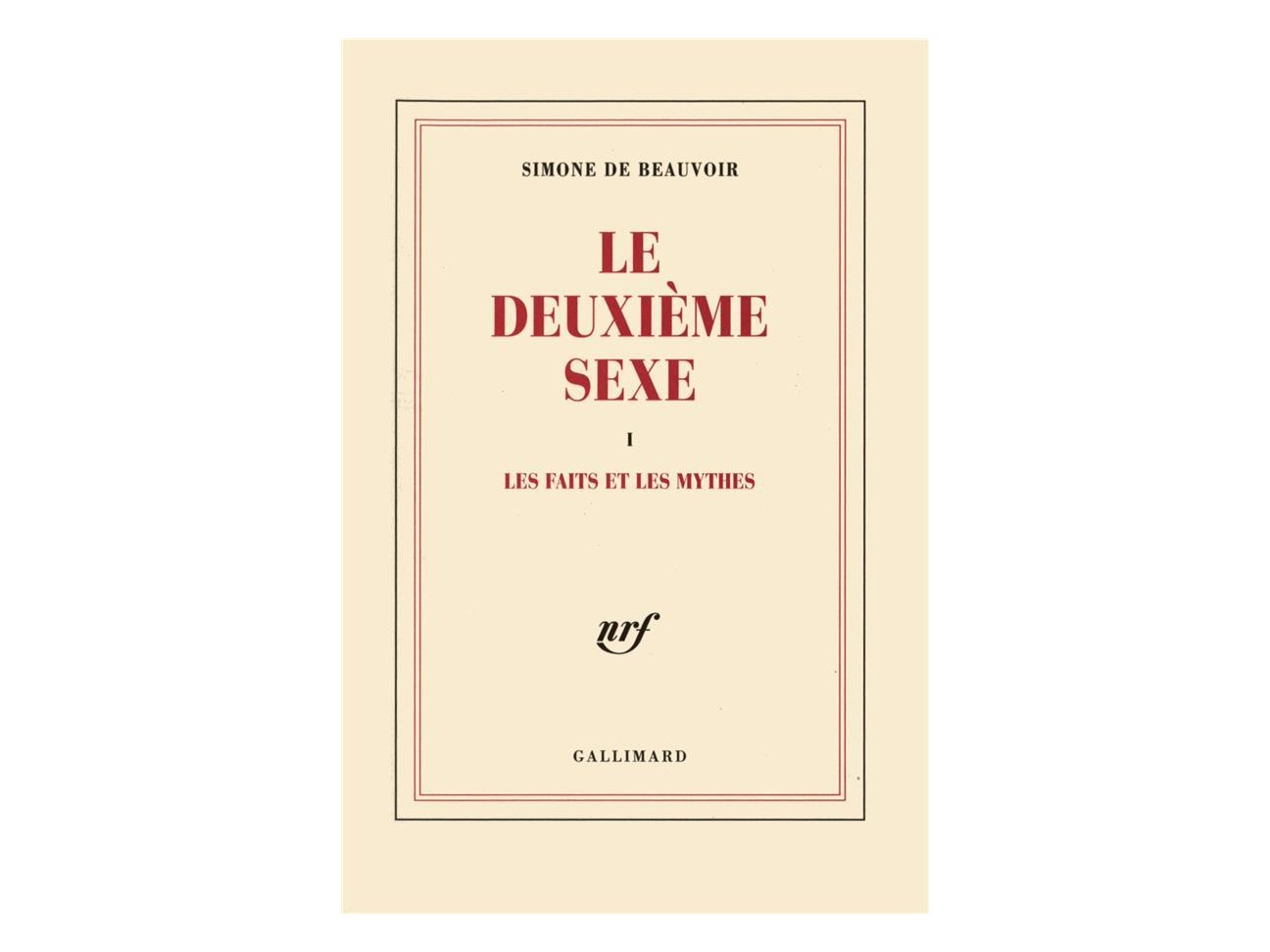Mariana Siracusa on Passages in Modern Sculpture
Up close and personal: This is how Marguerite Duras in ‘Écrire’, Lucy Luppard in ‘The Lure of the Local’, and Rosalind Krauss in ‘Passages in Modern Sculpture’ describe the ‘spaces’ and ‘places’ they write about. The stories they tell are always about personal experience, even private in Duras’ case, and this allows readers to picture […]



